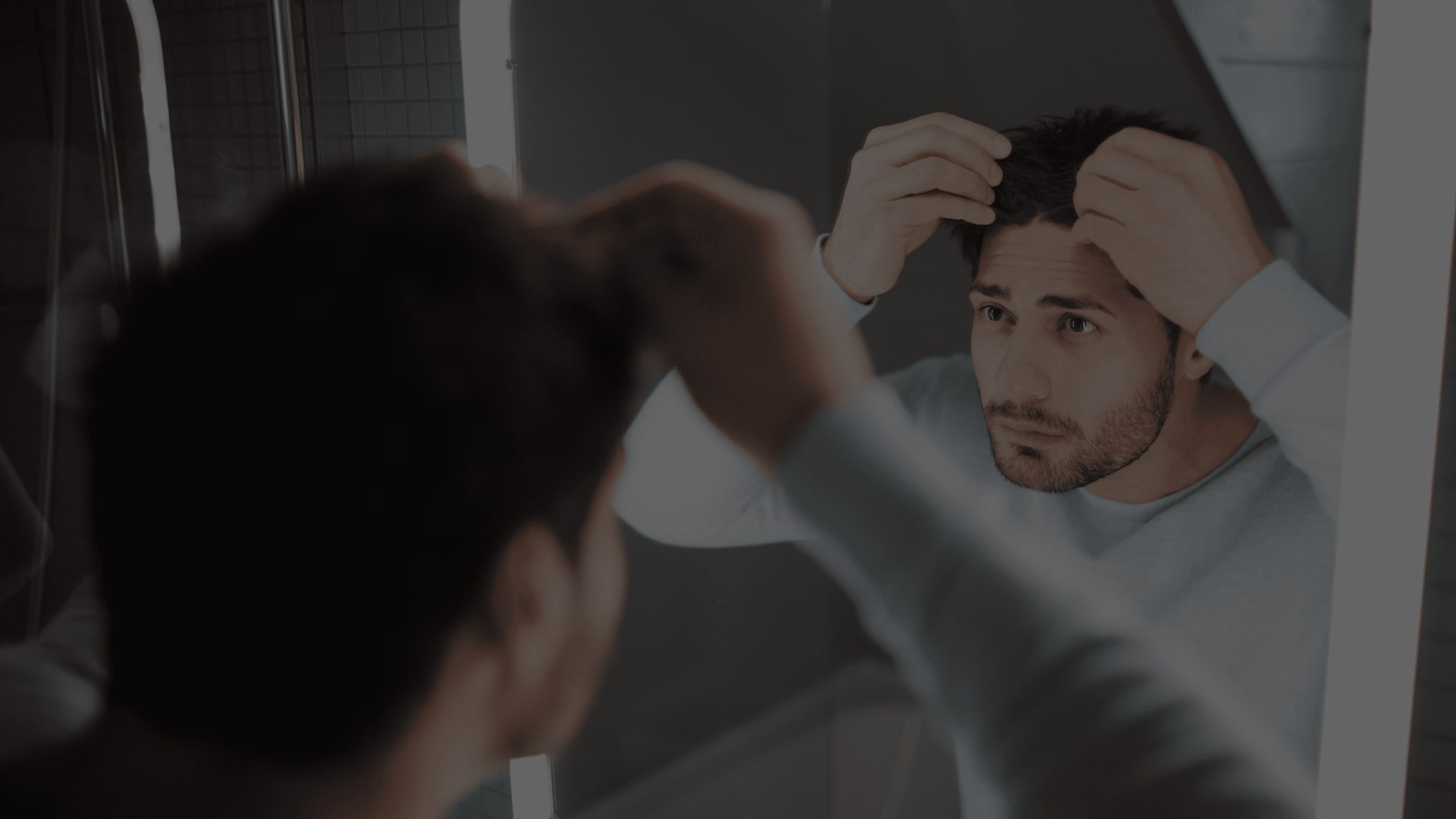Are Peptides Safe? A Comprehensive Guide
Peptides have become extremely popular in health and skincare. However, there’s an ongoing discussion on its safety. Let’s look at the basics of peptides to help you understand these impressive molecules.
What Are Peptides?
Peptides are the basic building blocks used to make proteins. They’re essential for many biological processes, such as hormone production, cell signalling, the immune system and metabolism. Peptides can be found in nature or made in a lab.
Types of Peptides
To understand the safety of peptides, you’ll first need to understand the types available and their applications:
- Growth Hormone Releasing Peptides (GHRPs): These stimulate the pituitary gland to release growth hormone, promoting muscle growth, fat loss, and anti-aging effects.
- Anti-Aging Peptides: These peptides, such as Matrixyl and Argireline, reduce the appearance of wrinkles and improve skin elasticity.
- Antimicrobial Peptides (AMPs): These peptides have potent antibacterial, antifungal, and antiviral properties, helping to combat infections and support the immune system.
- Nootropic Peptides: These peptides, like Noopept and Selank, enhance cognitive function, memory, and learning capabilities.
- Healing Peptides: These peptides, such as BPC-157 and TB-500, promote tissue repair, reduce inflammation, and accelerate healing.
Are Peptides Safe for Therapeutic Use?
Peptides have shown promising results. However, it’s important to understand the following factors to ensure its safety:
- Purity and Quality: The purity and quality of peptides significantly impact their safety and effectiveness. Always source peptides from reputable institutions that have tested for purity, potency, and sterility.
- Dosage and Administration: Proper dosing and administration reduces side effects and maximises its benefits.
- Potential Side Effects: Some peptides may cause mild to moderate side effects, such as skin irritation, water retention, or increased appetite.
- Interactions with Medications: Peptides may interact with medications you’re taking.
Always discuss quality, dosage, side effects and any existing medical conditions (and medications you’re taking) with your doctor before taking peptides.
Are Peptides Safe for Cosmetic Use?
Peptides are popular in cosmetics for their anti-aging and skin-repairing properties. The safety of cosmetic peptides largely depends on the specific peptide used and the product formulation. Here’s what you need to know:
- Product Quality: Choose high-quality cosmetic products from reputable manufacturers. Look for testing and certification by a third party to ensure the product is safe.
- Patch Testing: Before using a new peptide, you should do a patch test to see if your skin is sensitive.
- Proper Application: Follow the manufacturer’s and your doctor’s instructions for using peptides to minimise the risk of side effects and maximise effectiveness.
Peptide Safety
If you’re thinking about using peptides for their possible health benefits, you should be aware of the safety risks around these compounds. Here are the key considerations:
Medical Supervision
Before adding peptides to your routine, it’s best to talk to a health care professional. Based on your specific needs and medical history, they can advise you on the best peptides, dosages, and usage. Health care professionals can also keep track of your progress and help you identify any potential problems.
Final Thoughts
Peptides have a proven record of medical and cosmetic uses. While they are generally considered safe, necessary precautions should still be taken before using them. Always consult a healthcare professional before taking peptides.
Experience the science behind wellness.









